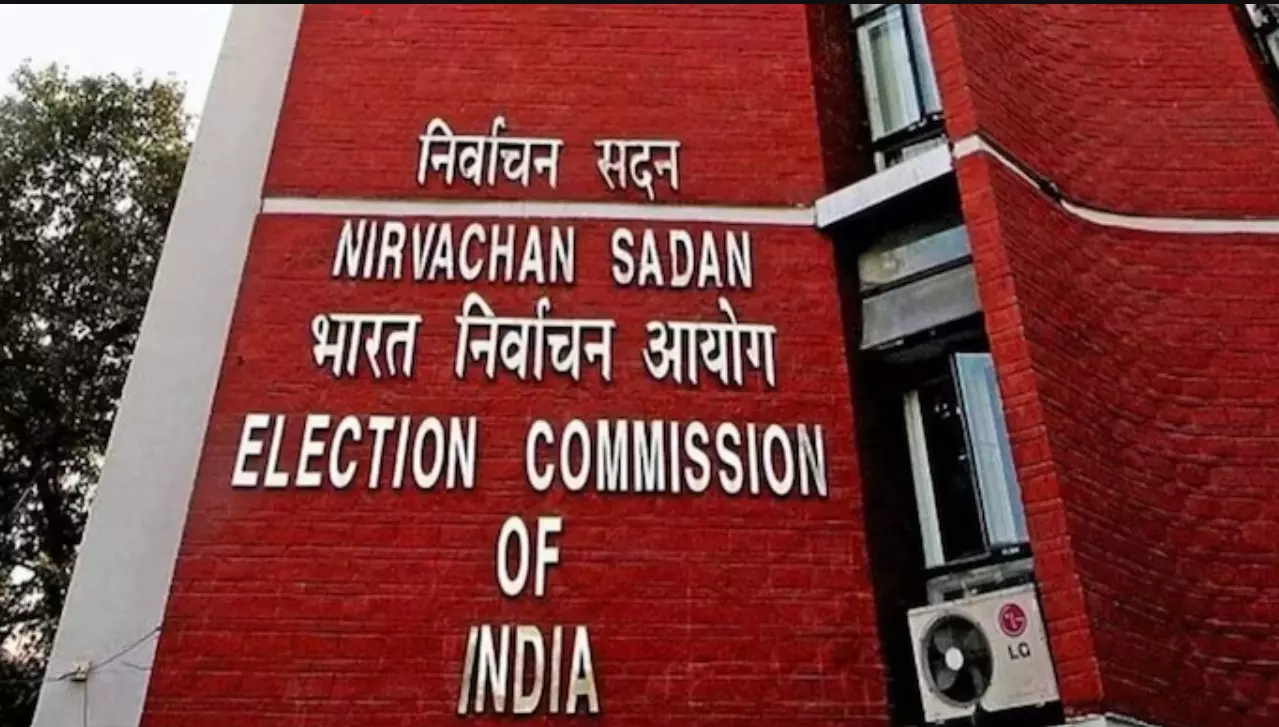Tokenistic autonomy?

Within a week of the issuance of a gazette notification regarding the implementation of The Chief Election Commissioner and the other Election Commissioners (Appointment, Condition of Service and Term of Office) Act, 2023, a plea has been filed on behalf of Gopal Singh to injunct the implementation of the same. The Chief Election Commissioner and the other Election Commissioners (Appointment, Condition of Service and Term of Office) Bill, 2023, was passed by the Rajya Sabha on December 12, and by Lok Sabha on December 31, before receiving an assent from the Indian president on December 25. Among other things, the Bill has primarily attracted criticism for the swiftness with which it was passed, without adequate debate in the Parliament. The plea has requested the Supreme Court to institute an “independent and transparent system of selection, constituting a neutral and independent selection committee for appointment of the Chief Election Commissioner and Election Commissioners”. The main legal issue presented in the writ petition for the court's deliberation revolves around a constitutional query. It seeks to determine whether the Parliament or any legislative assembly holds the power to issue a gazette notification or ordinance “to nullify or amend a judgment previously rendered by the Supreme Court, particularly when the judgment emanates from a Constitution Bench.” It may be recalled that in response to a Public Interest Litigation filed by Anoop Baranwal in 2015, the Supreme Court, in March last year, declared that a legislative void existed for the past seven decades, as Parliament had not enacted any law pertaining to the appointment of the Chief Election Commissioner (CEC) and Election Commissioners (EC). Furthermore, drawing references from the Dinesh Goswami Committee on Electoral Reforms (1990) and the Law Commission’s report on Electoral Reforms (2015), the Constitution bench of the Supreme Court ruled that the CEC and ECs shall be appointed by a committee consisting of the Prime Minister, the CJI and the Leader of the Opposition or the largest opposition party in the Lok Sabha. Notably, Article 142 of the Indian Constitution empowers the Supreme Court of India with special powers to deliver justice and enforce its judgments. The Article is invoked in situations where the normal legal provisions may not be adequate to address the complexities of a case or where a unique remedy is required to do complete justice. In the particular case, the SC had remarked that autonomy of the Election Commission of India (ECI) is crucial to safeguarding the integrity of elections, a cornerstone for a robust democracy. However, Article 324 of the Indian Constitution provides that the appointment of both the Chief Election Commissioner and other Election Commissioners is subject to the provisions of any legislation enacted by Parliament for this purpose, and such appointments shall be made by the President. Against this backdrop, it is not hard to deduct that the Parliament has done the right thing by instituting a mechanism for appointment of the CEC and ECs. However, while technically complying to the legal obligations, the Parliament has done little to bring about any substantial and meaningful change on the ground. The new law provides that the CEC and ECs shall be appointed by the President on the recommendation of a selection committee consisting of the Prime Minister, the Leader of Opposition in the Lok Sabha and a Union Cabinet Minister to be nominated by the Prime Minister. Notably, it has replaced the Chief Justice of India with a PM-nominated Cabinet Minister. For all practical means, the power to recommend candidates for the Constitutional posts still rests with the executive branch of the government. There is little reason to believe that the PM and the PM-nominated Cabinet Minister would differ in their opinion — leaving the Leader of Opposition on the margins of decision-making. To sum up, the system of appointments created by the Supreme Court was of temporary nature, and the Parliament is within its Constitutional right to devise its own mechanism. Placed against these facts, the new law appears tough to be challenged. Nevertheless, the Parliament should have acted in a more responsible manner to ensure greater autonomy for the Election Commission through a fairly representative appointment process.



